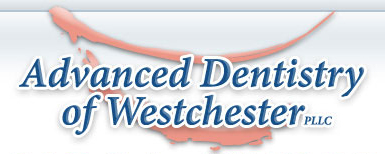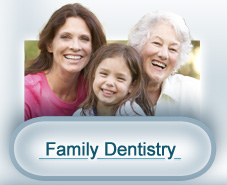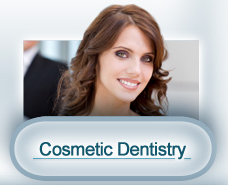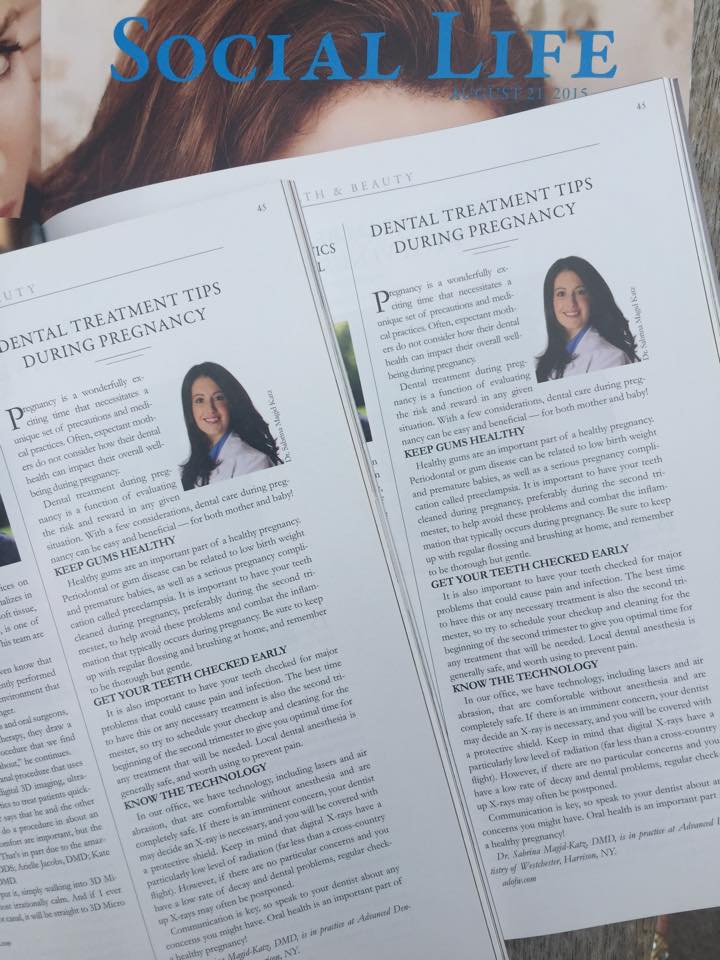Dental Treatment During Pregnancy Tips
Pregnancy is a wonderfully exciting time that necessitates a unique set of precautions and medical practices. Often, expectant mothers do not consider how their dental health can impact their overall well being during pregnancy.
Dental treatment during pregnancy is a function of evaluating the risk and reward in any given situation. With a few considerations, dental care during pregnancy can be easy and beneficial— for both mother and baby!
Keep Gums Healthy
Healthy gums are an important part of a healthy pregnancy. Periodontal or gum disease can be related to low birth weight and premature babies, as well as a serious pregnancy complication called preeclampsia. It is important to have your teeth cleaned during pregnancy, preferably during the second trimester, to help avoid these problems and combat the inflammation that typically occurs during pregnancy. Be sure to keep up with regular flossing and brushing at home, and remember to be thorough but gentle.
Get Your Teeth Checked Early
It is also important to have your teeth checked for major problems that could cause pain and infection. The best time to have this or any necessary treatment is the second trimester, so try to schedule your checkup and cleaning for the beginning of the second trimester to give you optimal time for any treatment that will be needed. Local dental anesthesia is generally safe, and worth using to prevent pain or infection.
Know the Technology
In our office, we have technology including lasers and air abrasion that are comfortable without anesthesia and are completely safe. As far as x-rays go, if there is an imminent concern, your dentist may decide an x-ray is necessary, and you will be covered with a protective shield. Keep in mind that digital x-rays have a particularly low level of radiation (far less than a cross-country flight). That said, if there are no particular concerns and you have a low rate of decay and dental problems, regular check-up x-rays may often be postponed. Communication is key, so speak to your dentist about any concerns you might have. Oral health is an important part of a healthy pregnancy!
Post-Baby Cavities: What You Need to Know
Some women unfortunately find that they have more cavities than they’re used to at their post-baby cleaning. Why? For starters, common pregnancy symptoms such as heartburn and vomiting. When people talk about cavities, they usually mention sweets and bacteria. But what actually happens is that the bacteria eat the sweets (or any carbohydrate) and produce acid. It’s the acid that actually rots teeth. All of that acid that comes with reflux and vomiting creates cavities. Another reason for the higher cavity rate is a change in habits during pregnancy. If you have morning sickness, you may only be able to eat high-carbohydrate foods. You will also likely be eating or snacking more frequently, especially as you get further along in pregnancy. Your mouth takes about twenty minutes to recover from the acid in your diet and being produced by the bacteria that are being fed. More frequent snacking means more time that your teeth are being bathed in acid. That goes for sipping on anything other than plain water, too.
Cavity Prevention Techniques
What can you do? Between meals opt for plain water or try adding cucumber or mint instead of lemon (sour and citric drinks and foods are acidic). Try to limit time for snacking or sipping on anything else. Additional small meals if necessary are better than having a nibble every few minutes. Avoid dried fruit, it’s like gluing sugar to your teeth for the bacteria to feed on for longer periods of time. If you have something acidic or acid coming up from your stomach, rinse with water or rub on some toothpaste with your finger or q-tip. Vigorous brushing right after may remove some of the tooth structure you’ve just softened with the acid. Lastly, be diligent about your hygiene regimen of brushing and flossing, especially before bed, and don’t forget your mid-pregnancy checkup!
More Info
Contact Us
- Advanced Dentistry of Westchester
- Kenneth S. Magid, DDS, FICD
- Sabrina Magid-Katz, DMD
- 163 Halstead Ave. • Harrison, NY 10528
- (914) 835-0542













